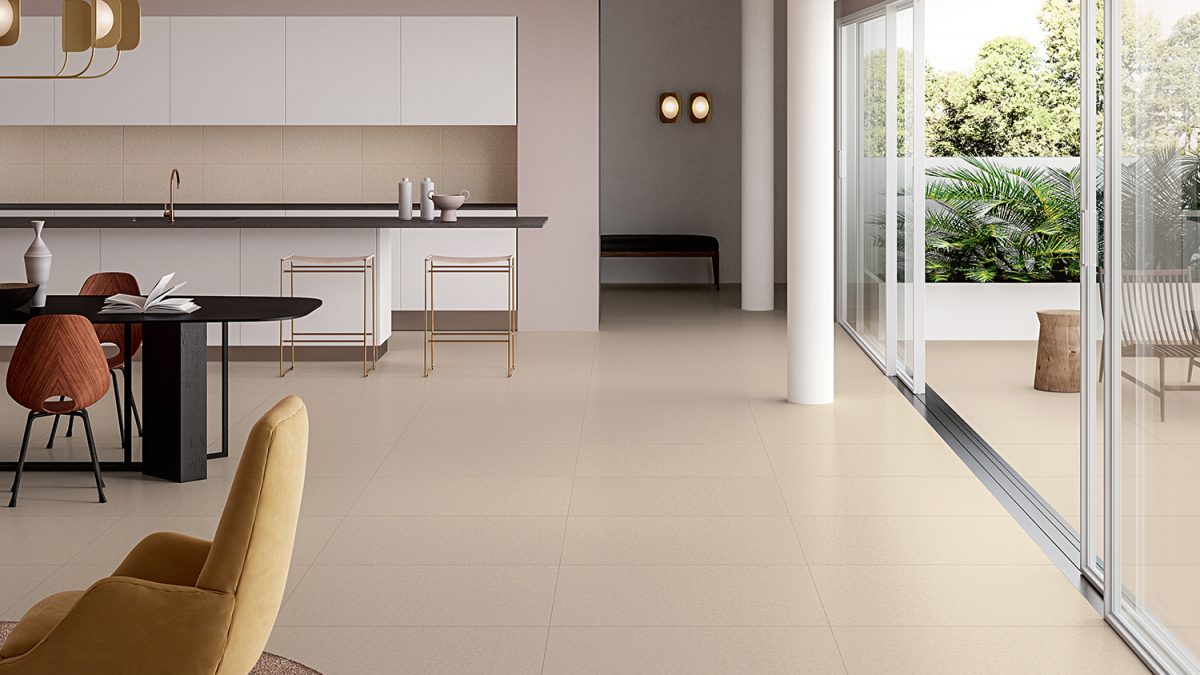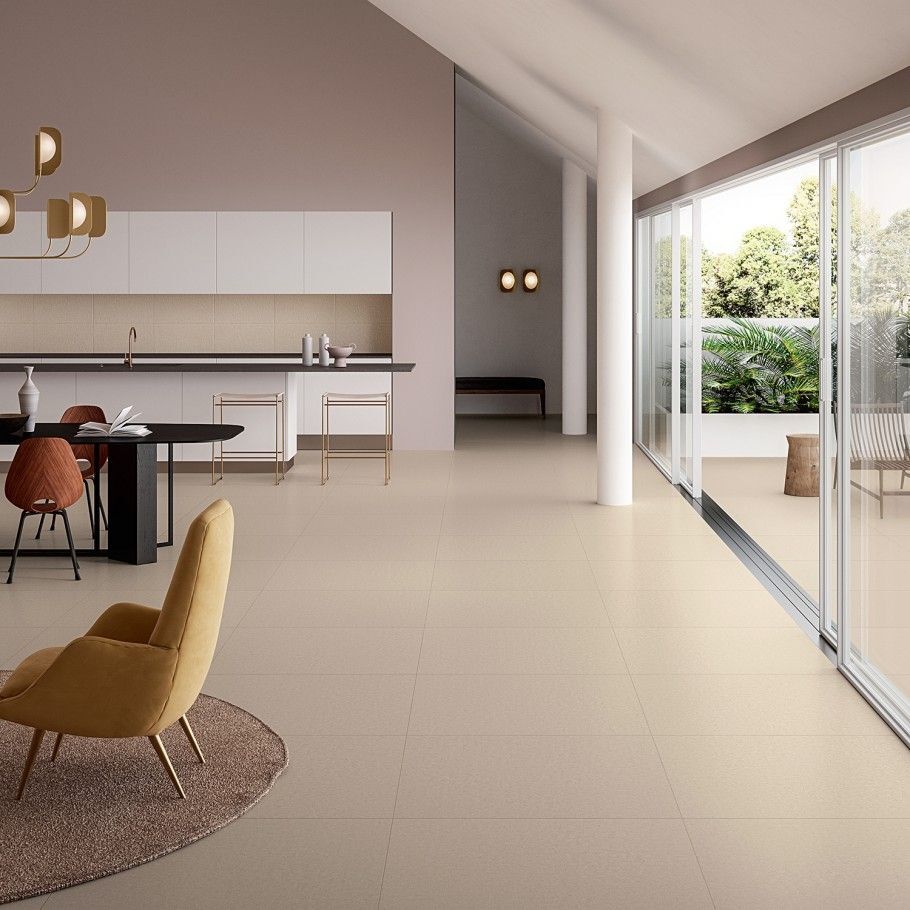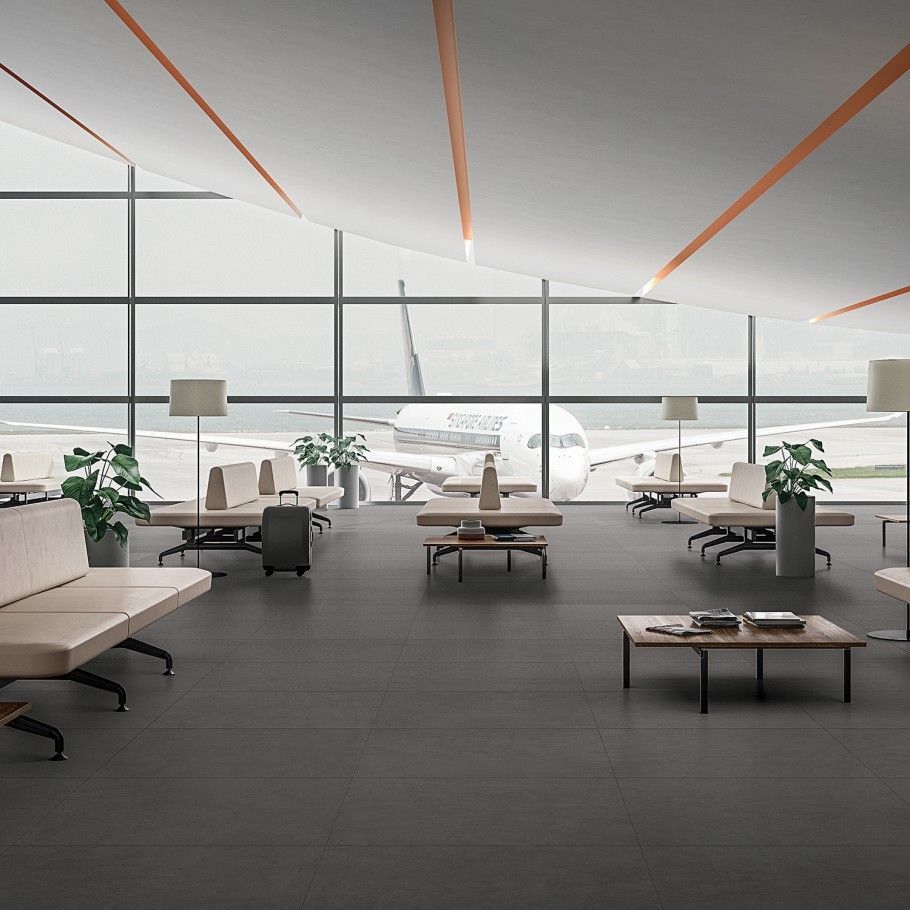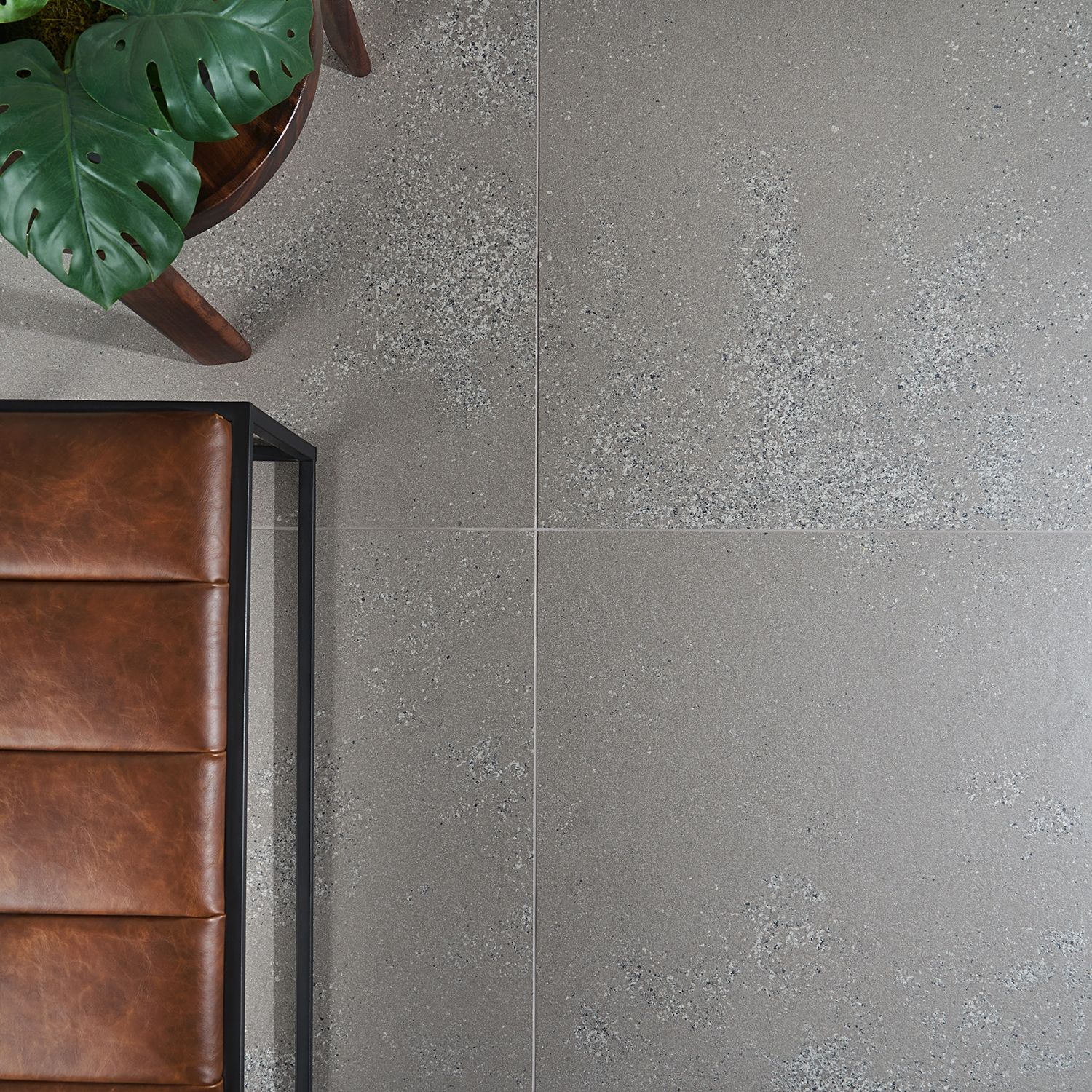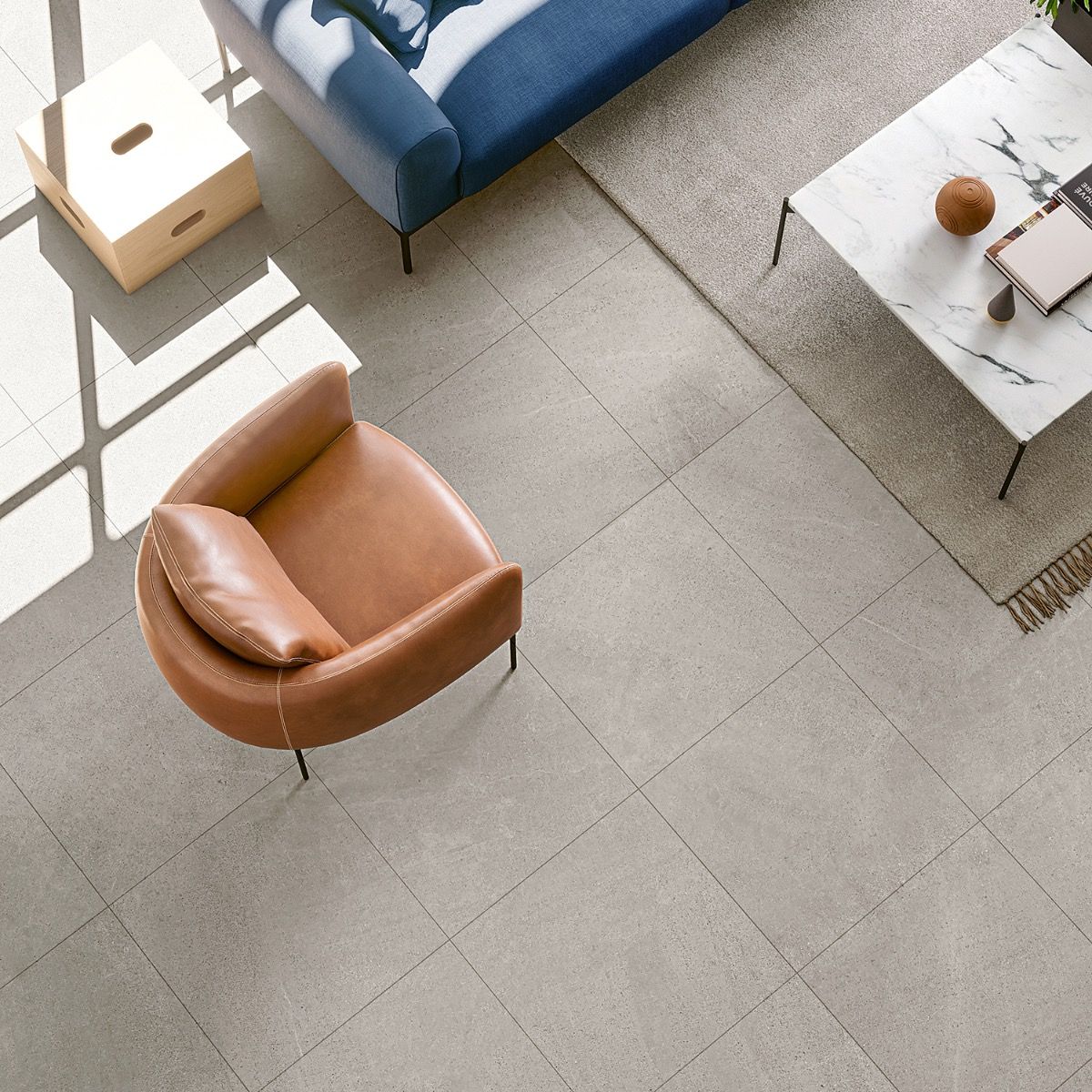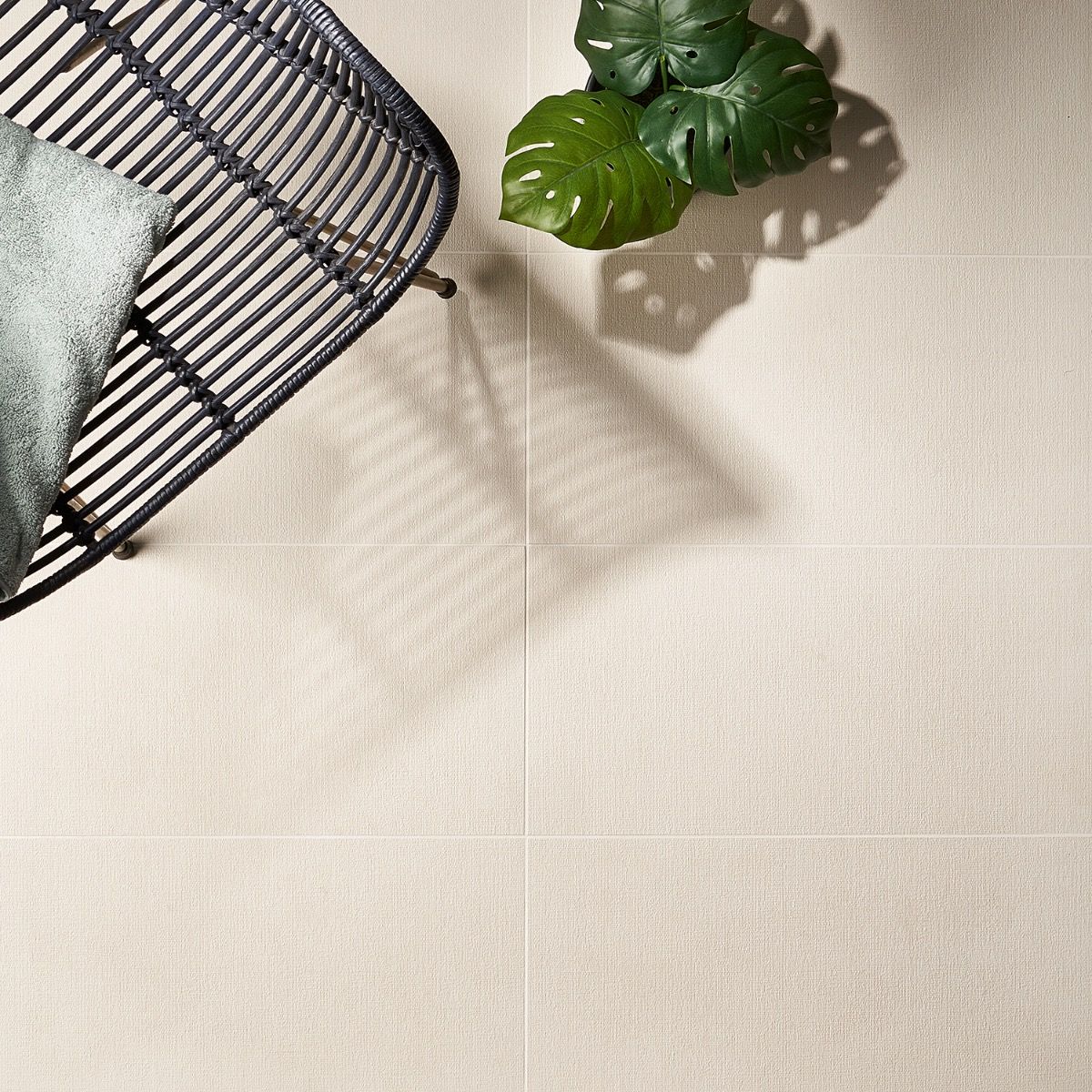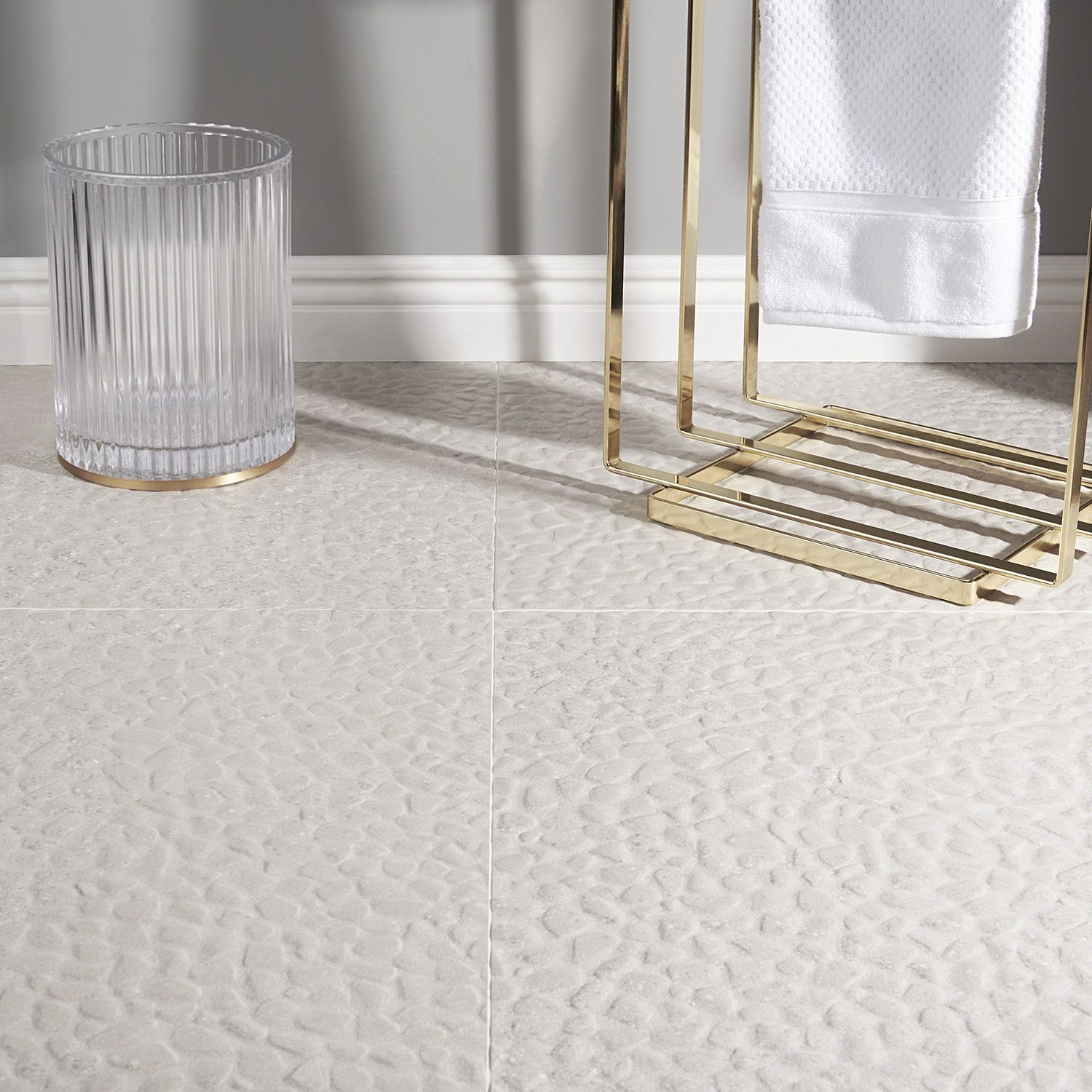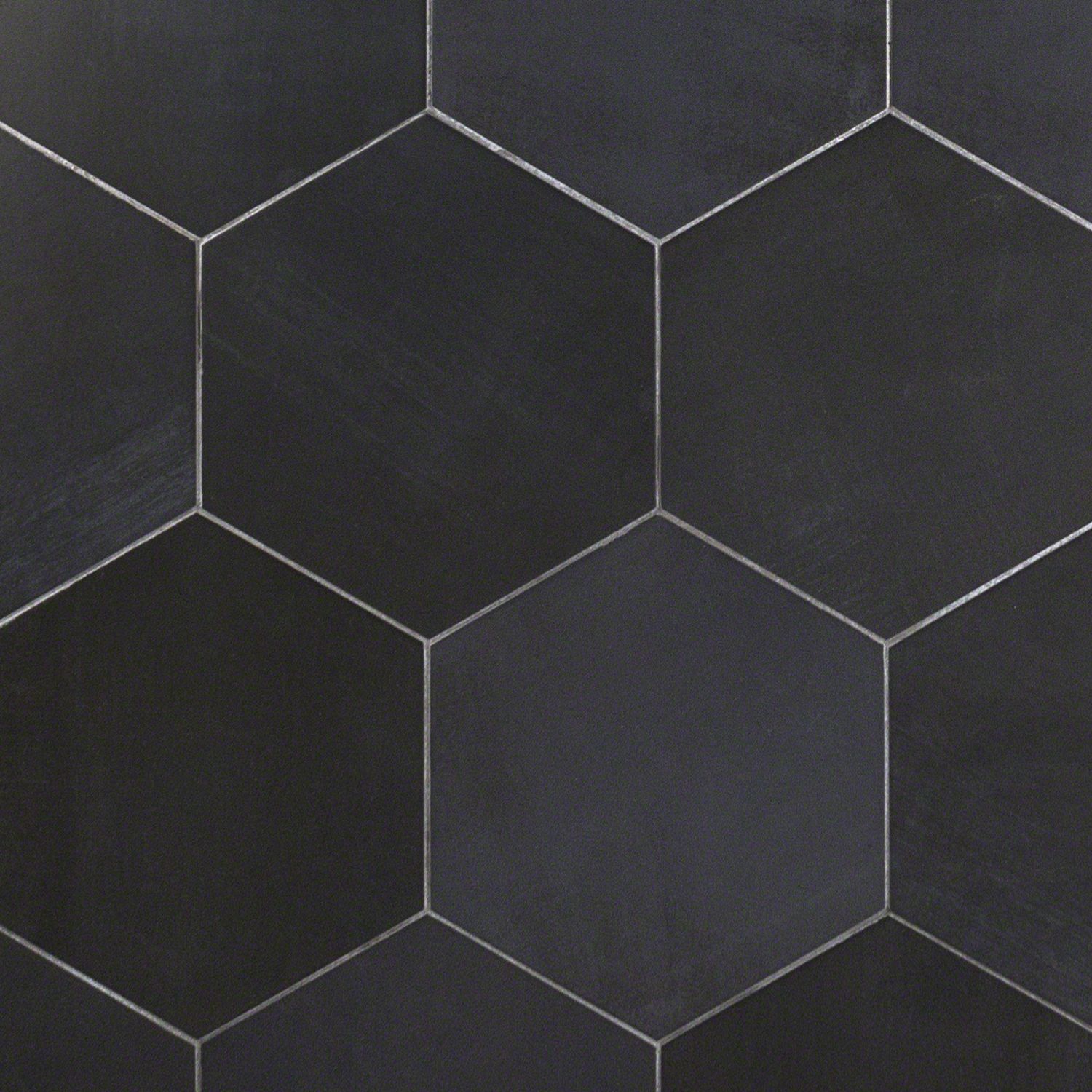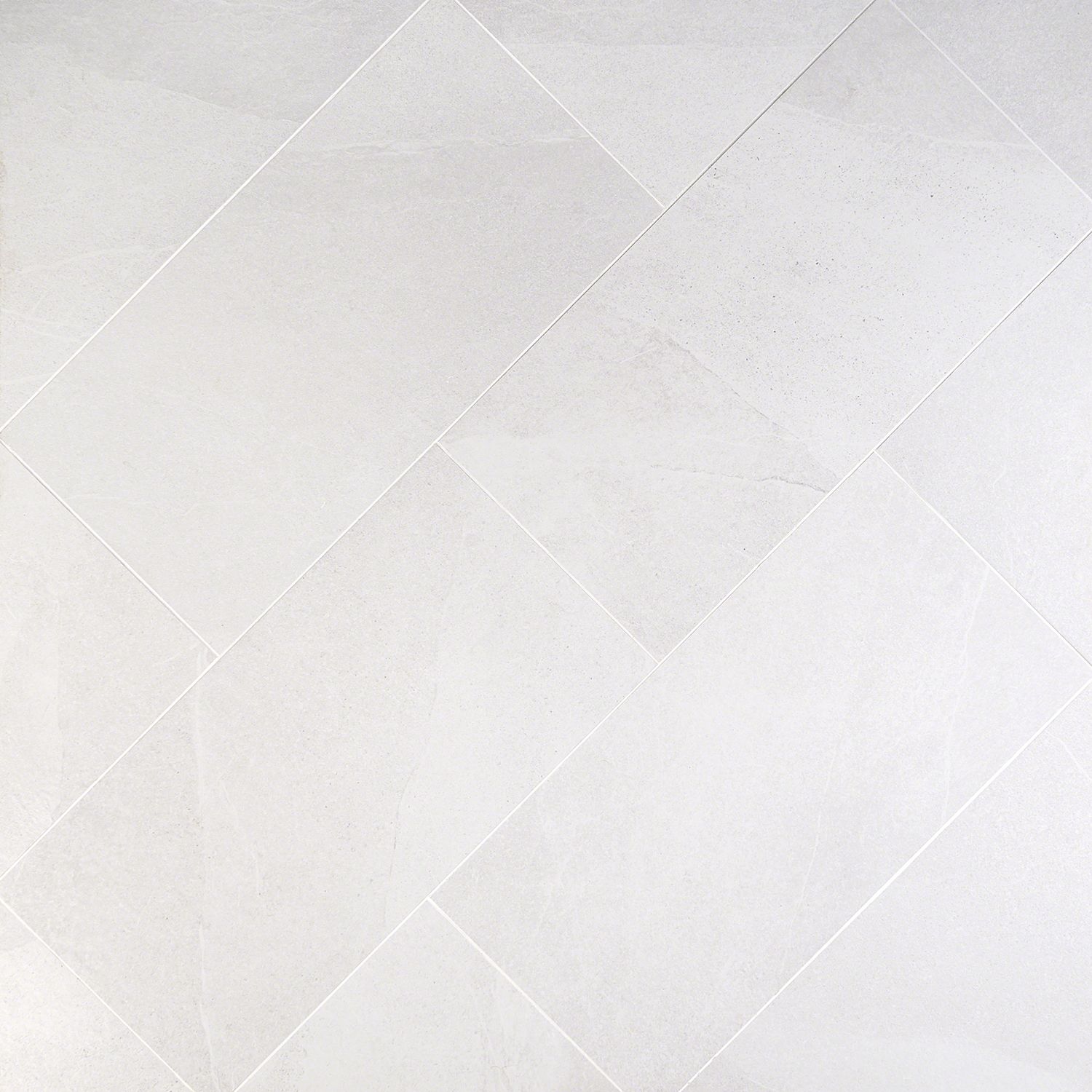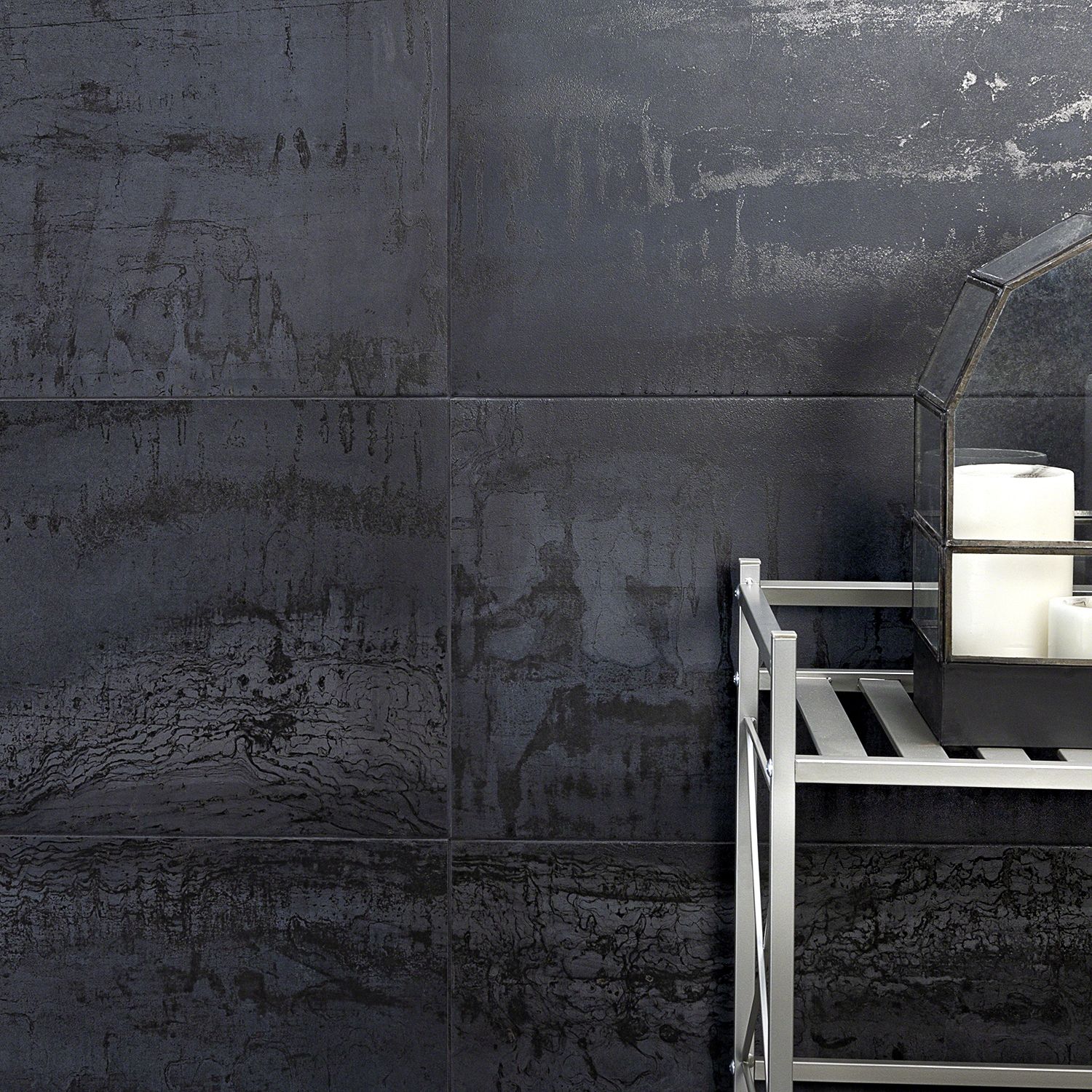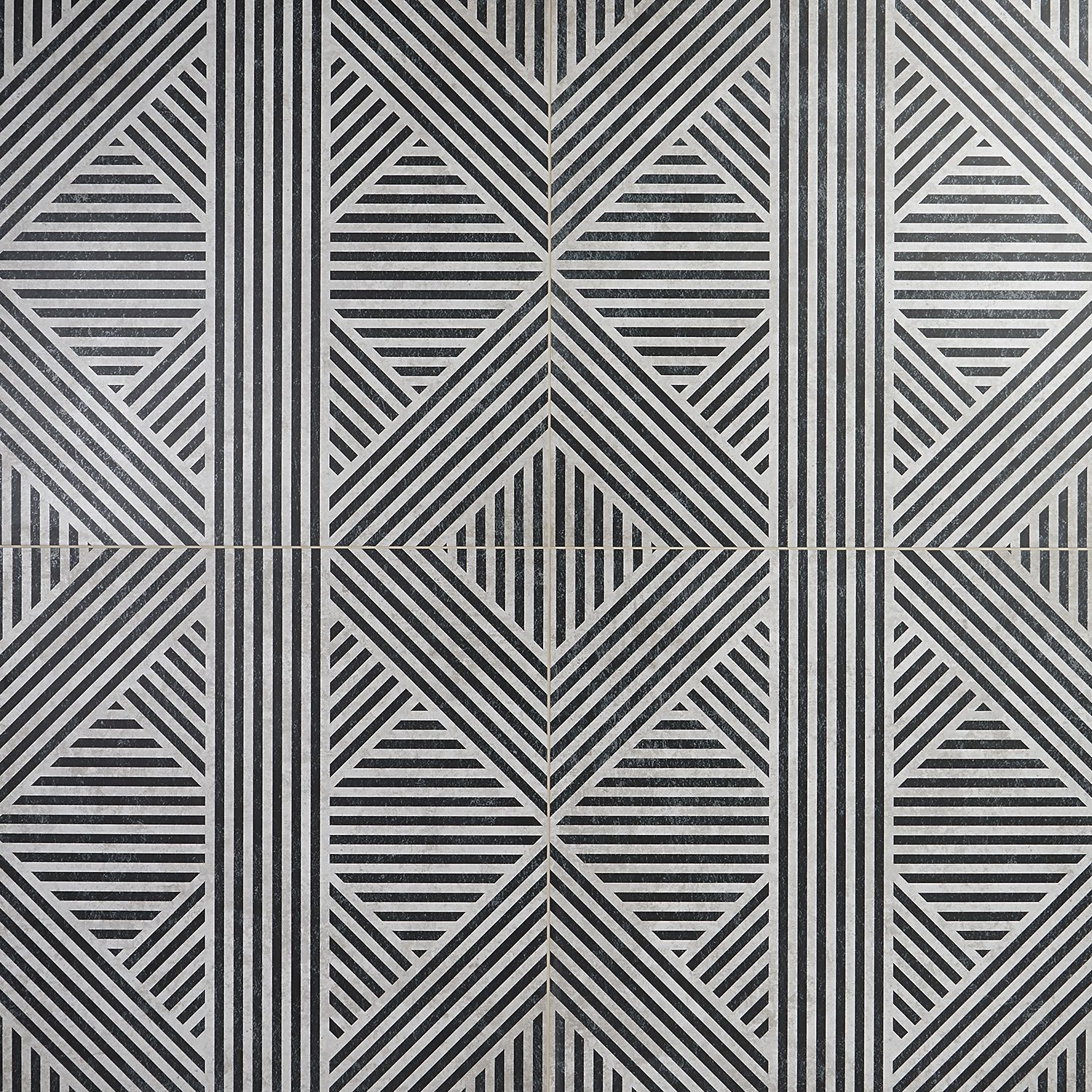There are many reasons why a person chooses a tile. At the top of that list, you will find, what it looks like, followed by price, availability, and whether it is the right type of tile for the installation. All these factors play a role in tile selection, but once you like the look of a tile, how can you determine if it is the right tile for your project?
The most important factor to consider when choosing a tile is its use. To determine this use, just ask: Where is the tile going to be installed? A backsplash will need to be cleanable, while a shower floor will need to have slip resistance. A family room will want an impact-resistant construction, while an exterior wall will need to weather the elements. The location of your tile, and subsequently what tile you choose for that location, will determine how well the tile will perform. This performance is the key to your tile installation’s success.
Now that you know performance is important, you can easily find options that work for your space. There are two types of tile that are the most common: ceramic and porcelain. Both have a multitude of looks, options, and price ranges, but when you compare the two based on performance, there is a clear winner. (Want to see a comparison? Check out: Porcelain vs Ceramic Tiles: What’s the Difference?).
Porcelain tile delivers the durability and versatility that can meet the demands of everyday life. It is harder, denser, and more stain-resistant than ceramic and can be installed in a multitude of areas, both interior and exterior. This makes porcelain the most sensible, performance-driven choice for most of your tile projects.
Let’s explore why porcelain is the smart choice for projects where performance matters:
Durability
Porcelain tiles are known for their ability to withstand heavy wear and tear. Not only are they the top choice for most commercial spaces like airports, lobbies, and other high traffic areas, but they are also becoming more popular in residential settings. Family life, including kids and pets, can ask a lot of a floor or wall surface, and porcelain delivers years of performance while maintaining its original appearance.
For a greater ability to withstand heavy traffic, look at double-loaded porcelain. These tiles have not one, but two layers of porcelain, that are baked together longer and pressed together harder than a regular porcelain tile, offering a higher level of durability. Take a look at the NewTech Bianco 12×24” Double Loaded Matte Porcelain Tile for an example.
Stain Resistance
Porcelain tiles offer incredible stain resistance thanks to their non-porous construction. Spills and other messes are no match for the easily cleanable surface. This makes porcelain a great option for kitchen floors, backsplashes (if you’re deciding on a backsplash, read this first), and anywhere else where food or other messy activities are found. Also, make sure to select a grout that is also easily cleanable. Check out: Guide to Types of Grout & How to Choose to find the perfect complement to your tile.
Cleanliness and Hygiene
The same non-porous properties of porcelain that help with stain resistance also make it an excellent choice for areas that require a higher level of hygienic cleanliness. Already the tile of choice in healthcare settings, such as hospitals, assisted living facilities, and clinics, it is also a great option for keeping your space clean and free of unwanted bacteria and germs.
Color Performance
The construction of many porcelain tiles makes them more resistant to damage, but accidents do happen. When a tile experiences a scratch or chip in its finish, there are a few different options that help porcelain tiles camouflage these issues:
- Through-Body Porcelain: These are porcelain tiles that have the same color and texture throughout. They have the greatest ability to hide any damage that may occur. A great example of through-body porcelain is TruTech Tortora 24×24” Matte Porcelain Tile.
- Color-Body Porcelain: These porcelains don’t have the same texture of the face throughout the tile, but they do have the same color throughout the body of the tile that matches the predominant face color. These tiles have great hiding capabilities for damage and are usually a more affordable option than through-body porcelain. See an example with Rushmore Rock 24×24” Matte Porcelain Tile.
Frost Resistance
Many porcelain tiles can withstand extreme temperature fluctuations like a freeze/thaw cycle of winter thanks to its non-porous nature. If moisture can enter into a tile, it can then freeze and expand causing fissures, cracks, and breakage. Porcelain tiles don’t allow this to happen which allows for the ability to be installed on exterior walls and floors.
Slip Resistance
While no floor can actually be slip-proof, a finish or texture can greatly reduce the likelihood that an accident will occur. Many porcelain tiles come with a finish that meets certain requirements for safety for commercial spaces, but can also offer easy cleanability and maintenance. Some porcelain tiles also offer a more aggressive texture which makes them a great option for sloped areas or outdoor installations. The TruTech Textured Finish or NewTech Grip Finish is a great example of this.
Performance That Delivers
Porcelain tiles bring your project the performance and longevity that you want for your space. These tiles are engineered for durability and designed to inspire.
Interested in discovering more tiles that perform? Check out our best selling floor porcelain tiles:

